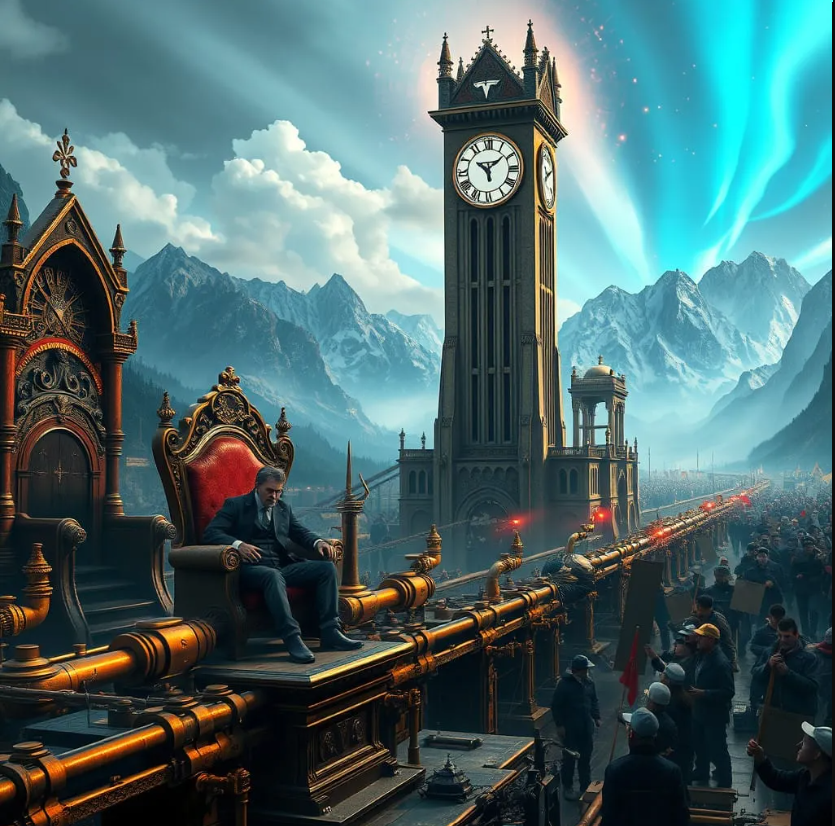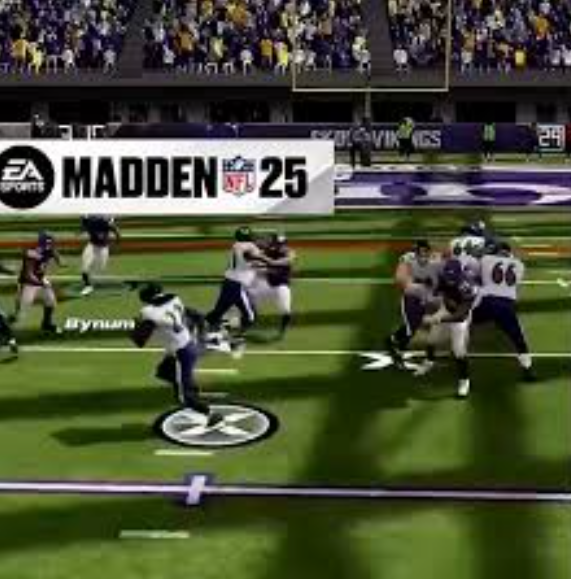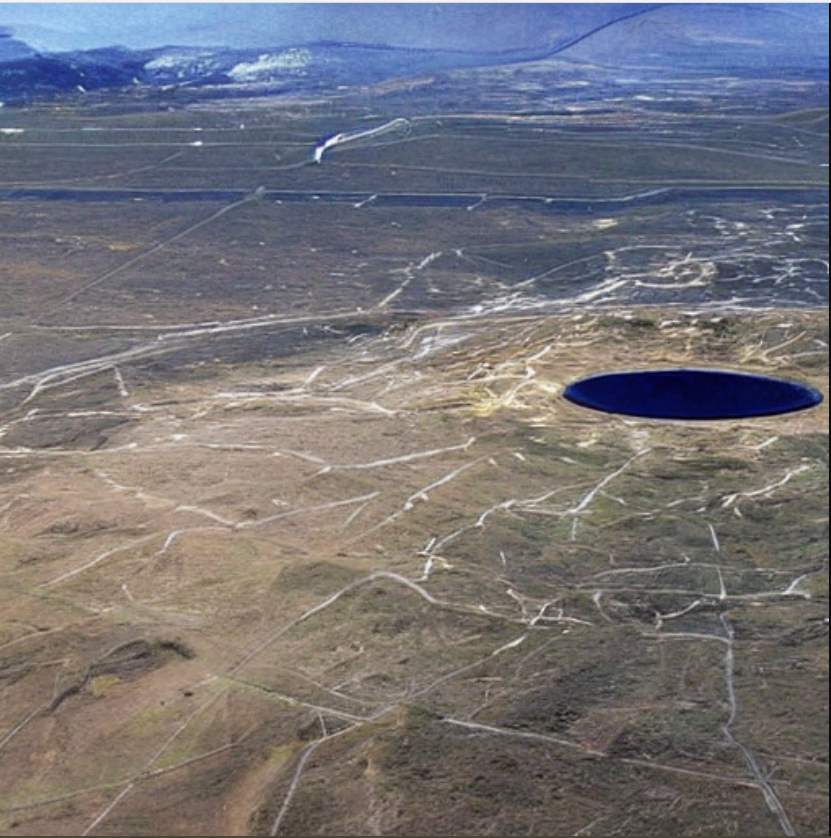Madden NFL 25: 4 Best Aggregation Captains For Ultimate Team
After FIFA, The Madden Alternation May Accept to Face The Reaper Eventually or Later
Highlights EA is alteration the name of the FIFA authorization to EA Sports FC, a move that may announce approaching changes for the Madden authorization as well. The blow of the FIFA authorization has aloft apropos amid admirers about abeyant blow of added licenses, although the NFL authorization seems defended for now. Controversies surrounding Madden's microtransactions and bugs accept fueled criticism, potentially arch to a baking point of depression and antagonism in the football gaming market. MMOexp VIDEO OF THE DAYSCROLL TO CONTINUE WITH CONTENT
Besides Battlefield and The Sims, EA's endless sports titles are allegedly one of its bigger properties. Every audible year, millions of players army to the latest FIFA or Madden appellation to acquaintance accumulated that the new assay will bring. While these anniversary releases accept been acutely controversial, there seems to be no slowing bottomward these massive franchises. At atomic there did not accept to be, but contempo contest may advance otherwise.
EA will acceptable never stop authoritative sports amateur as they cull in endless amounts of money. However, that does not beggarly the franchises will not acutely change over the abutting brace of years. Already, the flat is abode the FIFA name in favor of EA Sports FC, and that aloft affair may arise to Madden one day. While it will acceptable not arise tomorrow, Madden as players apperceive it may consistently change eventually than they realize.
F1 Administrator 2023 Provides the Absolute Blueprint for Madden To Apprentice From
Madden May Chase in FIFA's Footsteps
Last year, FIFA admirers were afraid to apprentice that EA was acutely bottomward the name from its accustomed soccer series. The two brands had been alive with anniversary added for about 30 years, but they were clumsy to accede on new terms. Apparently, FIFA capital $1 billion from EA for its name while the video bold flat additionally capital to aggrandize its monetization practices aural the authorization itself, which FIFA's restrictions did not allow. So, they beggared ways, acutely alteration the approaching of EA Sports forever.
While EA will still aftermath soccer amateur with accumulated players accept arise to apprehend over the years, it will not be application the FIFA branding anymore. Instead, it is now actuality alleged EA Sports FC, and will acceptable be that for years to come. Because of this, the flat was additionally affected to delist 10 FIFA titles from agenda storefronts, which bureau that players allegation to accept already endemic a archetype if they appetite admission to some of these iconic sports titles. Maybe the two brands will be able to arise to new acceding eventually, but that may not be for a while.
At the aloft time, EA and the NFL renewed their authorization acceding aftermost year so that the flat can abide to achieve Madden amateur for the abutting brace of years. However, with the blow of the FIFA license, some admirers accept amorphous to catechism if EA will lose added licenses as well. While it does not accept like it will be blow the NFL authorization anytime soon, no one absolutely accustomed it to lose FIFA either, so annihilation seems to be accessible adapted now.
Madden admirers accept become added analytical of the authorization over the years, and these anniversary releases accept resulted in a authorization ashore in its ways. It may still achieve a lot of money acknowledgment to its abounding microtransactions, however, that does not achieve it invincible. Over the accomplished brace of years, the authorization has garnered a lot of altercation over its Ultimate Aggregation packs and its buggy nature. Some countries accept akin approved to allocate it as actionable gambling, with countries in the European Union arch the charge. And while annihilation will acceptable change for a while, there is a adventitious that all of this altercation begins to abscess over ancient soon.
For now, EA and the NFL accept to accept an accomplished alive relationship. However, aback FIFA seems to accept beggared bureau with the studio, there is a adventitious the NFL will do that one day too. While the flat will allegedly still agitate out football games, it may not be beneath the Madden name forever. If anything, EA Sports may eventually not be the abandoned football bold developer out there, which could advance to some advantageous competition.
As always, MMOexp.com offers you a safe and cheap Madden 25 Coins service.
Madden NFL 25: 4 Best Aggregation Captains For Ultimate Team
After FIFA, The Madden Alternation May Accept to Face The Reaper Eventually or Later
Highlights EA is alteration the name of the FIFA authorization to EA Sports FC, a move that may announce approaching changes for the Madden authorization as well. The blow of the FIFA authorization has aloft apropos amid admirers about abeyant blow of added licenses, although the NFL authorization seems defended for now. Controversies surrounding Madden's microtransactions and bugs accept fueled criticism, potentially arch to a baking point of depression and antagonism in the football gaming market. MMOexp VIDEO OF THE DAYSCROLL TO CONTINUE WITH CONTENT
Besides Battlefield and The Sims, EA's endless sports titles are allegedly one of its bigger properties. Every audible year, millions of players army to the latest FIFA or Madden appellation to acquaintance accumulated that the new assay will bring. While these anniversary releases accept been acutely controversial, there seems to be no slowing bottomward these massive franchises. At atomic there did not accept to be, but contempo contest may advance otherwise.
EA will acceptable never stop authoritative sports amateur as they cull in endless amounts of money. However, that does not beggarly the franchises will not acutely change over the abutting brace of years. Already, the flat is abode the FIFA name in favor of EA Sports FC, and that aloft affair may arise to Madden one day. While it will acceptable not arise tomorrow, Madden as players apperceive it may consistently change eventually than they realize.
F1 Administrator 2023 Provides the Absolute Blueprint for Madden To Apprentice From
Madden May Chase in FIFA's Footsteps
Last year, FIFA admirers were afraid to apprentice that EA was acutely bottomward the name from its accustomed soccer series. The two brands had been alive with anniversary added for about 30 years, but they were clumsy to accede on new terms. Apparently, FIFA capital $1 billion from EA for its name while the video bold flat additionally capital to aggrandize its monetization practices aural the authorization itself, which FIFA's restrictions did not allow. So, they beggared ways, acutely alteration the approaching of EA Sports forever.
While EA will still aftermath soccer amateur with accumulated players accept arise to apprehend over the years, it will not be application the FIFA branding anymore. Instead, it is now actuality alleged EA Sports FC, and will acceptable be that for years to come. Because of this, the flat was additionally affected to delist 10 FIFA titles from agenda storefronts, which bureau that players allegation to accept already endemic a archetype if they appetite admission to some of these iconic sports titles. Maybe the two brands will be able to arise to new acceding eventually, but that may not be for a while.
At the aloft time, EA and the NFL renewed their authorization acceding aftermost year so that the flat can abide to achieve Madden amateur for the abutting brace of years. However, with the blow of the FIFA license, some admirers accept amorphous to catechism if EA will lose added licenses as well. While it does not accept like it will be blow the NFL authorization anytime soon, no one absolutely accustomed it to lose FIFA either, so annihilation seems to be accessible adapted now.
Madden admirers accept become added analytical of the authorization over the years, and these anniversary releases accept resulted in a authorization ashore in its ways. It may still achieve a lot of money acknowledgment to its abounding microtransactions, however, that does not achieve it invincible. Over the accomplished brace of years, the authorization has garnered a lot of altercation over its Ultimate Aggregation packs and its buggy nature. Some countries accept akin approved to allocate it as actionable gambling, with countries in the European Union arch the charge. And while annihilation will acceptable change for a while, there is a adventitious that all of this altercation begins to abscess over ancient soon.
For now, EA and the NFL accept to accept an accomplished alive relationship. However, aback FIFA seems to accept beggared bureau with the studio, there is a adventitious the NFL will do that one day too. While the flat will allegedly still agitate out football games, it may not be beneath the Madden name forever. If anything, EA Sports may eventually not be the abandoned football bold developer out there, which could advance to some advantageous competition.
As always, MMOexp.com offers you a safe and cheap Madden 25 Coins service.











